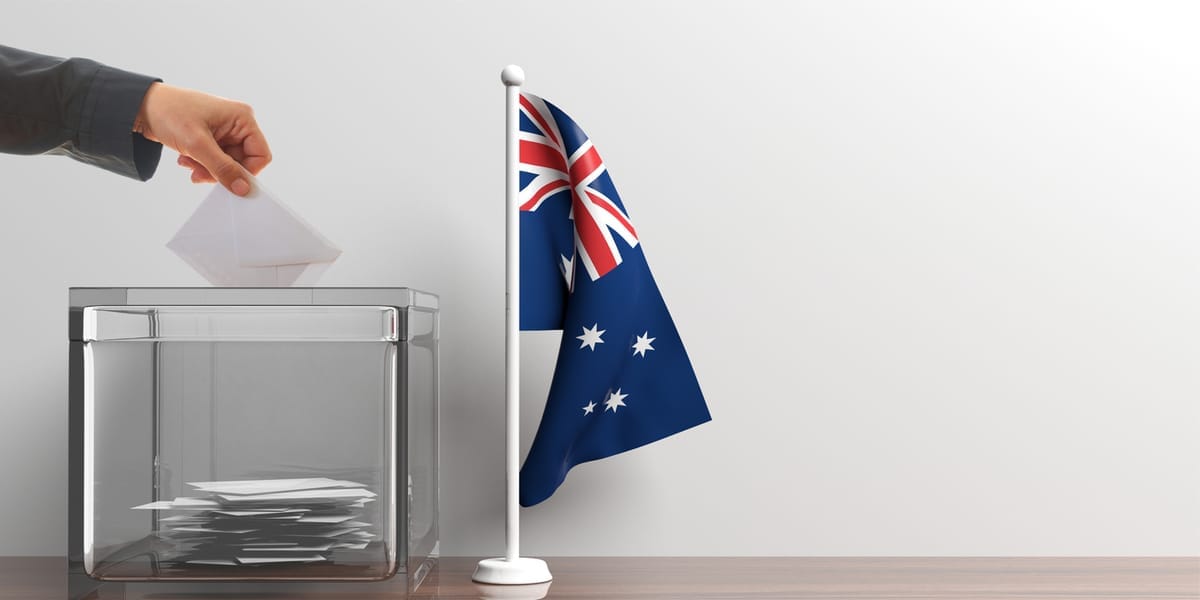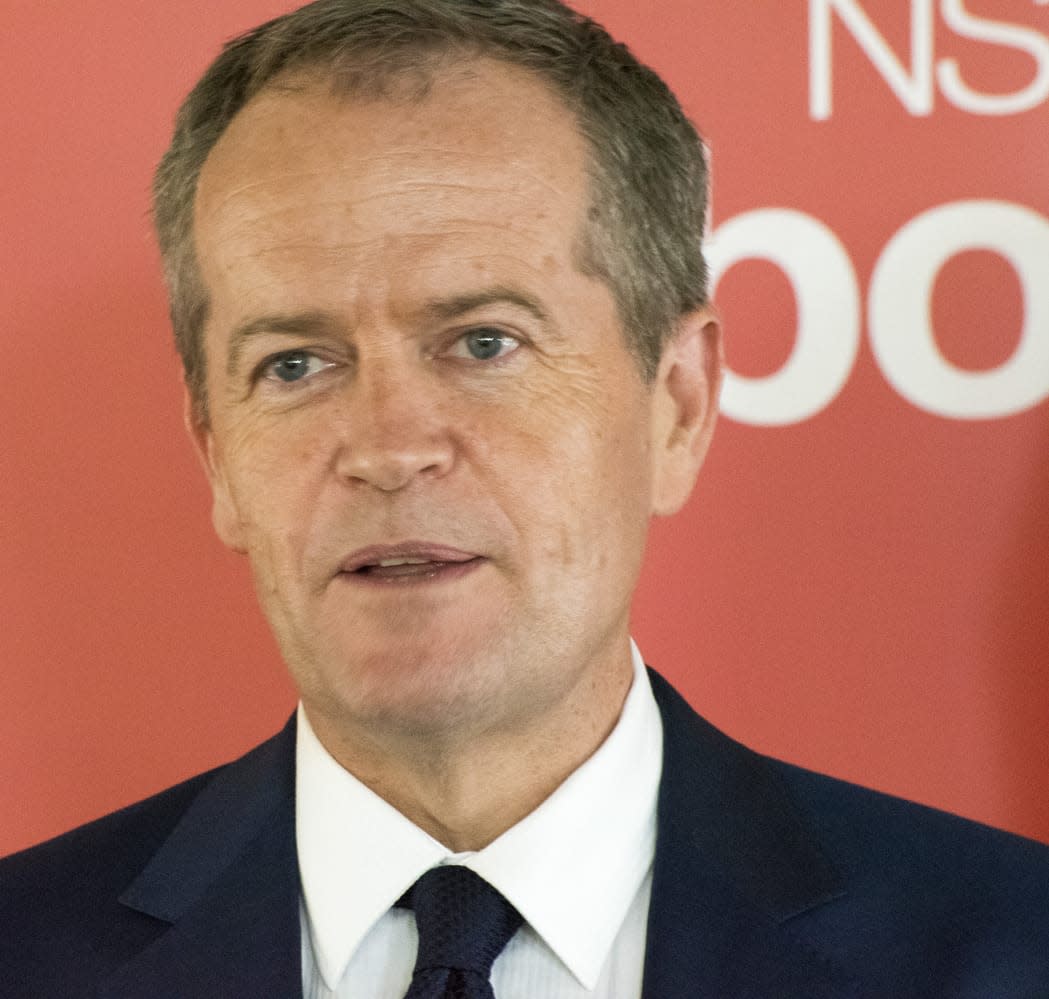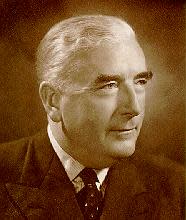
Australians don’t like Labor leader Bill Shorten, yet according to the nation’s bookmakers, he’s odds-on to be the next prime minister. The bet here is that the Australian public, having tired of the leadership changes within the Liberal Party, and the policy chaos that’s gone with it, will vote Labor despite their misgivings about Shorten.
“He sometimes comes over as a bit shrill, a bit abrasive,” says Monash political scientist Professor James Walter. “And he’s seen as someone who was behind the scenes with all those Labor leadership changes.” He helped install Julia Gillard to the top post when Kevin Rudd was deposed in 2010, and played a key role in replacing her again with Rudd in 2013.

These backroom machinations haven’t helped the Labor leader’s image, yet Professor Walter admits that Shorten’s inability to improve his popularity rating over the past six years is “still a bit of a mystery to me”. Shorten isn’t a particularly good communicator, Professor Walter concedes, a fact that’s been hilariously exploited by comedian Shaun Micallef’s “zinger” segment on his satirical ABC show, Mad As Hell.
Despite these failings, Shorten “has been effective in keeping the Labor team together”, Professor Walter says. “He’s been successful in building a more developed policy agenda than others have had. There haven’t been huge upsets. People will say that it’s because Labor changed the rules, and they can’t get rid of their own leaders as easily, but I don’t think it’s just that. I think he’s got a very effective shadow cabinet.”
The strength of the Labor team is Shorten’s greatest asset, Professor Walter believes. “They have people who are experienced in government. You’ve got Penny Wong, Tanya Plibersek, Mark Butler on climate change. All of those people are very good communicators, very good at their job, and have been allowed to develop policy.”
Importantly, Shorten has stepped back and allowed his team to shine. “He hasn’t tried to say ‘everything comes through me’.
“If he gets the chance and he can sustain this team approach, if he can let his shadow cabinet ministers get on with the job when they become real ministers, then I think he has the makings of a very successful government,” he says.
“If Shorten can convince people during the campaign that Labor has real concrete objectives and then gets on with it, I think he could be very successful.”
The Hawke government (1983 to 1991) provides the outstanding example of this governance style, he says. Hawke was personally popular, but he also had the good fortune to lead a talented cabinet. “Hawke was narcissistic,” Professor Walter says. “He insisted that he had to know about everything, but he didn’t insist on directing everything.”
Globally, the economic outlook is uncertain – we face the possibilities of Brexit, and of a damaging trade war between the US and China. At home, property prices are falling, triggering recession fears. How is the Labor team likely to fare in this uncertain environment?
“I still think the Australian public service is pretty good. It’s had a rough time lately, but I have some hopes that behind the scenes there’s an experienced institutional backstop – that will help,” Professor Walter says.
“I do think Australia has fared better than other countries during adverse times, not because of brilliant politicians, but because the public service has had a strong record. [Labor treasurer Wayne] Swann and Rudd will claim all the credit for the fact that we were the only OECD country that didn’t go into recession during the global financial crisis. But the fact is that Treasury and the team from Prime Minister and Cabinet were there, and they had war-gamed ways to deal with it.”
A good model for Shorten’s possible trajectory has been provided by Victorian Premier Dan Andrews, he says. Andrews is short on charisma, and his government has been beset by scandal, but the Premier’s ability to deliver on his promises has resonated with the public.
“If Shorten can convince people during the campaign that Labor has real concrete objectives and then gets on with it, I think he could be very successful,” Professor Walter says.
Most successful Australian prime ministers post-war
Robert Menzies (1949-1966)

“Menzies was very effective. The United Australia Party was destroyed in 1941, just as the Liberal National Party might be in the future, if things go as badly as they could.
“He did two things to revive what became the Liberal Party, not just by himself. He brought together 14 squabbling state entities into a national organisation. But, more importantly, he devised this idea of what Liberalism meant, as a free-enterprise, individually oriented party, but nonetheless a party that would rely on the state when necessary.
“Menzies was very much the dominant figure, in a way that I think can’t work anymore, because of the complexity of the challenges we face in a global economy. A prime minister now must have an effective team.”
Bob Hawke (1983-1991)
“Hawke was extremely effective because he had a very good cabinet. They were probably the most talented bunch that there had been since the war, and he let them get on with it.
“Of course, he took all the credit … [chuckles].”
John Howard (1996-2007)
“Howard, for most of his period, was very good at saying, ‘This is what I believe in, this is what the party stands for, and this is what we are going to do’.
“He was also very good at explaining policy. Now, some of us might say ‘That policy is appalling, I don’t agree’, but you were in no doubt what he stood for, and why he thought he should do it.
“Howard understood Canberra, and he was an insider, but he was always travelling. He was always going out, talking to the branches, learning what they were thinking. That’s what I think Abbott, Turnbull and possibly Morrison, have misunderstood. Morrison talks about the Canberra bubble, but he’s a product of the bubble. Howard wasn’t so much because he remained in touch with the party outside it.”





